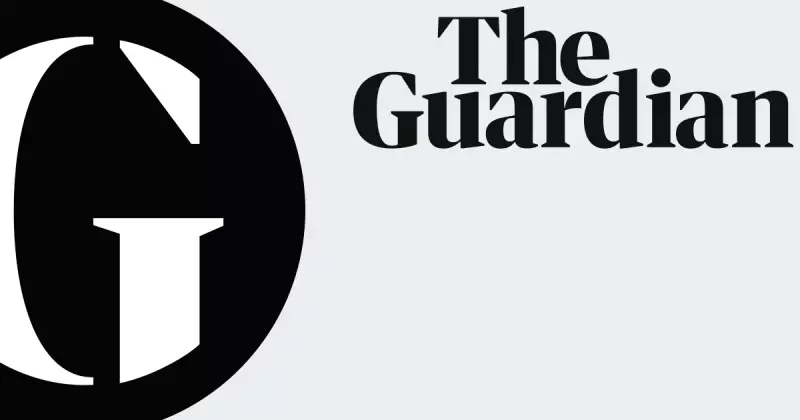
Dr Mohammed Mustafa, a prominent voice on Middle Eastern affairs, has highlighted the limitations of symbolic recognition in addressing the deepening crisis in Gaza. In a recent discussion, he emphasised that while political gestures such as recognising Palestine as a state are important, they fall short of delivering tangible change for those suffering in the region.
The Limits of Symbolism
Mustafa pointed out that diplomatic recognition alone does not alleviate the dire humanitarian conditions faced by Gazans. "What good is recognition if hospitals remain without power, children go hungry, and families are displaced?" he questioned. The focus, he argued, must shift towards immediate relief and long-term solutions.
Call for Actionable Solutions
The expert outlined several critical steps needed to address the crisis:
- Humanitarian Aid: Increased and uninterrupted access to food, medicine, and essential supplies.
- Infrastructure Rebuilding: Repairing hospitals, schools, and housing destroyed in conflicts.
- Political Engagement: Meaningful dialogue involving all stakeholders to ensure sustainable peace.
The Role of the International Community
Mustafa urged global leaders to move beyond rhetoric and take concrete actions. "The world cannot stand by while Gaza collapses," he said. He called for coordinated efforts to pressure all parties into compliance with international law and human rights standards.
Without such measures, he warned, the cycle of violence and suffering will only continue, leaving millions trapped in an unending nightmare.





